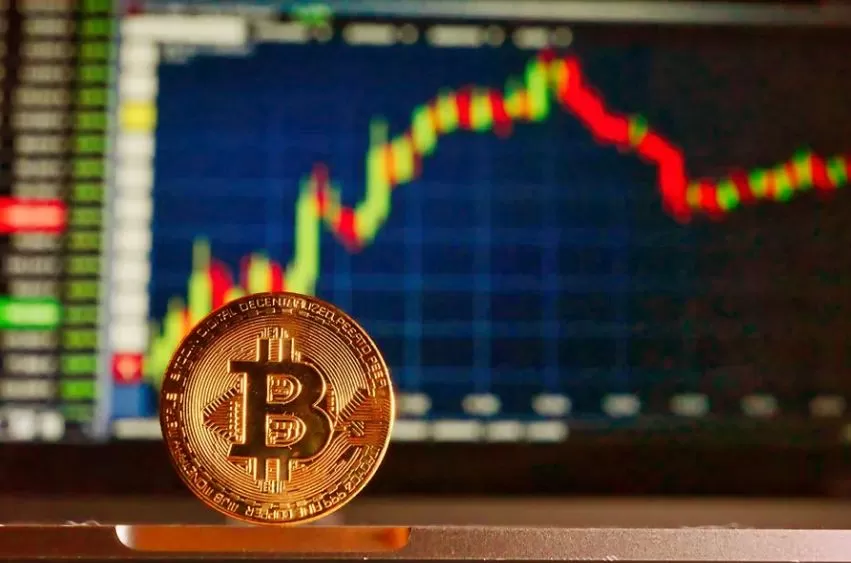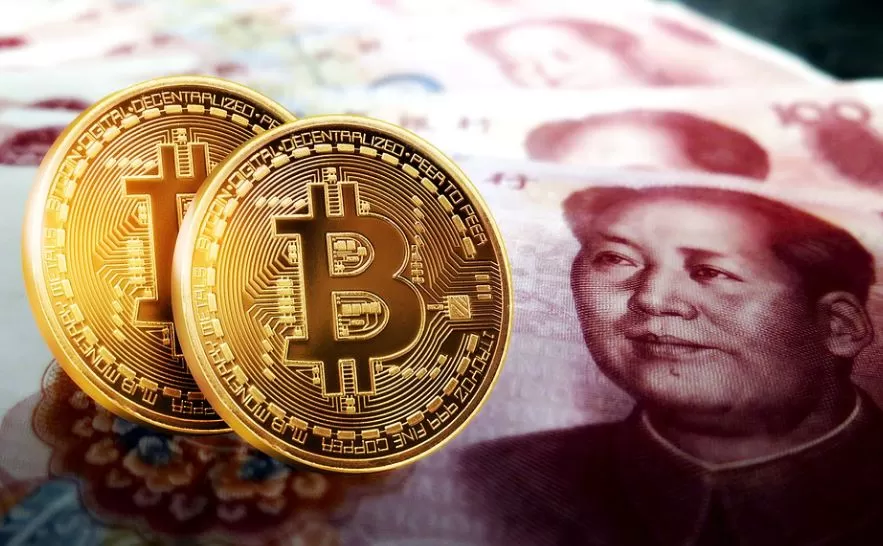How Will China’s Digital Yuan Determine the Future of Money?
Introduction
Consider an economy that users may use to pay for anything, such as a vehicle or a coffee beverage. There is. The Chinese equivalent of Bitcoin is known as the electronic yuan. Even though the electronic renminbi remains developing, the financial industry is already quite excited about it. According to experts, it may soon become the norm for all internet payments. How does electronic yuan operate, then? How will it affect how users will use cash in the future? If you want to trade Digital Yuan, go to yuan-pay-group.net for the best trading experience.
In this essay, we’ll examine the electronic yuan’s history and discuss some of its distinctive characteristics. We’ll also explore how this might influence online repayments and examine its possible repercussions on consumers and businesses.
What Affects Financial Activities from China’s Paying?
What does that signify for deals involving money? In essence, it can imply a whole new method of operation. For example, you might execute transactions quickly and easily with a few keystrokes instead of laborious procedures and drawn-out wait periods.
In addition, this virtual currency may provide Chinese companies access to foreign customers. For instance, it can make it simpler to allow them to commerce with other nations in the area. And considering China’s prominence in worldwide trade, this may have repercussions for the world.
Can the Virtual Yuan replace the Fiat Money system?
China’s paper currency, the yuan, has served as the nation’s legal tender since 1949. But might everything change if a virtual yuan is introduced? Some analysts think that the state’s official cash, the renminbi, may someday be replaced with a digital version. After all, a virtual yuan might be more practical and user-friendly than actual money. Additionally, it would be safer since it’d be more difficult for fraudsters to create phony electronic yuan.
However, there might be specific obstacles in the way of China adopting a virtual yuan as its national currency. It would need a significant revamp of the nation’s banking system. Furthermore, it needs to be clarified if the Chinese administration is willing to make a substantial adjustment. It is adopting an electronic yuan as China’s national currency is still uncertain. However, if it did, it’d significantly affect the world market.
What Is the Reaction of Financial Institutions to the Virtual Yuan?
The reaction from financial institutions has already been inconsistent so far. While some have backed China’s transition to a virtual currency, some have remained hesitant. For instance, Mark Jay, president of the Bank of Britain, has indicated that introducing the electronic yuan might be a “real game-changer” for the international economy. Carney thinks that the electronic yuan might ease international commerce between nations and lessen the hegemony of the US currency.
On the contrast side, Christine Lagarde, the president of the European Central Bank, has stated that she is just not prepared to release a virtual euro unless she is confident that it will be secure from attacks. She also said that before launching a digital dollar, she wishes to wait and observe how China’s virtual currency evolves.
Do the Virtual Yuan Pose Any Safety or Privacy Dangers?
The safety and confidentiality of the electronic yuan are vital issues. For instance, the Treasury (PBoC) has declared that it will be able to monitor how electronic currency is utilized. As a result, the administration may start collecting information on folk’s buying habits. Furthermore, the possibility that the PBoC may utilize the electronic yuan to have more significant influence over the business is a further worry. They may use it, for instance, to monitor and manage prices.
And last, cybercriminals may attack the digital yuan. Despite the lack of a centralized repository again for money (unlike with conventional fiat currency), attackers might still steal money if they gain entry to a person’s virtual wallet. These are a few dangers that the electronic yuan poses. Only we can determine whether and how substantial these hazards will be.
How Does the Virtual Yuan Mean for the Next Generation of Cash?
What therefore does the digitized yuan portend for future global funds? As China’s the world’s largest trading country, the new electronic yuan will impact the international economy significantly. Other nations may match China’s lead if it successfully introduces the electronic yuan and gets people to use it. And this may indicate a shift from conventional monetary systems to digital ones.
There are hazards involved with this, of obviously. For instance, economic growth would probably suffer if China’s market crashed. But altogether, the electronic yuan has a significant amount of ability to influence how money is used.
Conclusion
Finally, the Chinese currency is going through a significant digital revolution. A more affluent future for Beijing, in addition to a new internationally accepted virtual money, may arise from this change.










